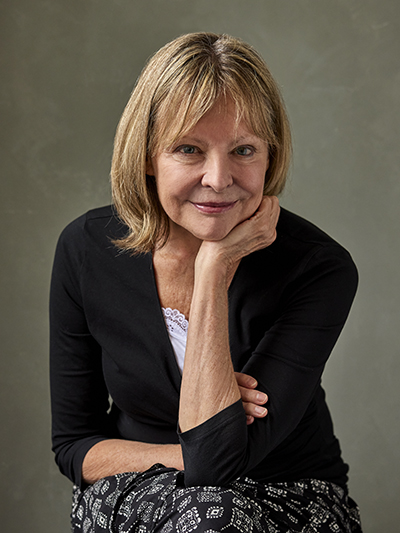Rita Barnard is Professor of English and past director of the Comparative Literature Program, as well as the Gender, Sexuality, and Women’s Studies Program at Penn. She works broadly on Global Modernisms, but her contributions to this seminar will arise from her longstanding engagement with South African literature, culture, and politics, especially during the transition from apartheid to democracy. She is the author of The Great Depression and the Culture of Abundance and Apartheid and Beyond: South African Writers and the Politics of Place. Her extensive editorial work includes The Cambridge Companion to Nelson Mandela, South African Writing in Transition (a collection of essays on post-apartheid temporalities) and the special issue of Safundi on Trump, Zuma, and the Grounds of US South African Comparison. Other relevant publications include “Rewriting the Nation” for the Cambridge History of South African Literature and “The Revolutions of Antjie Krog’s Lady Anne” in Susan Stanford Friedman’s collection Contemporary Revolutions. In recent years, Rita has also been working (along with South African collaborators and Penn’s Humanities+Urbanism+Design seminar) on a film about the transformations of the city of Pretoria. She holds a secondary position as Extraordinary Professor at the University of the Western Cape.
Rita Barnard
Wolf Humanities Center Penn Faculty Fellow
2023—2024 Forum on Revolution
Rita Barnard
Professor of English and Comparative Literature
The Aesthetics of Transition: On South Africa’s Staggered Revolution
The transition to democracy in South Africa is habitually lauded as a revolution forestalled, a miraculously peaceful transition. But from where we stand now, some thirty years later, it is worth asking if we have not, in fact, witnessed a revolution after all. Consider the comparison that Eve Fairbanks invites us to make in a recent book on postapartheid South Africa:
"Imagine, if you can, antebellum America as we see it in old photographs: enslaved Americans on plantation fields, General Robert E. Lee on his horse, and Abraham Lincoln in the White House. And then imagine that, one morning, all the people who lived then woke up to a black man on Lee’s horse and a black man in the White House. Something like that happened in South Africa in 1994. In one election, a state fastidiously divided into racial castes—where white people made the laws, wrote the news at the top papers, and taught history at the tony universities—became the first modern nation where in long-disenfranchised people of color would make the laws, run the economy, write the news."
These are massive changes. But if we apply the term revolution to South Africa, it must be grasped as a slow or perhaps a staggered one. Political, economic, institutional, cultural, and ideological forces were not always synchronized, but they nevertheless produced a radically different society—different not only from what it once was, but also from what anyone hoped for or expected. My work during our seminar year will explore recent writings about revolution (both fiction and nonfiction) and films about the transition. I may also focus my presentation on revisionist studies of the lives of Nelson and Winnie Mandela and their representations in fiction and film.



